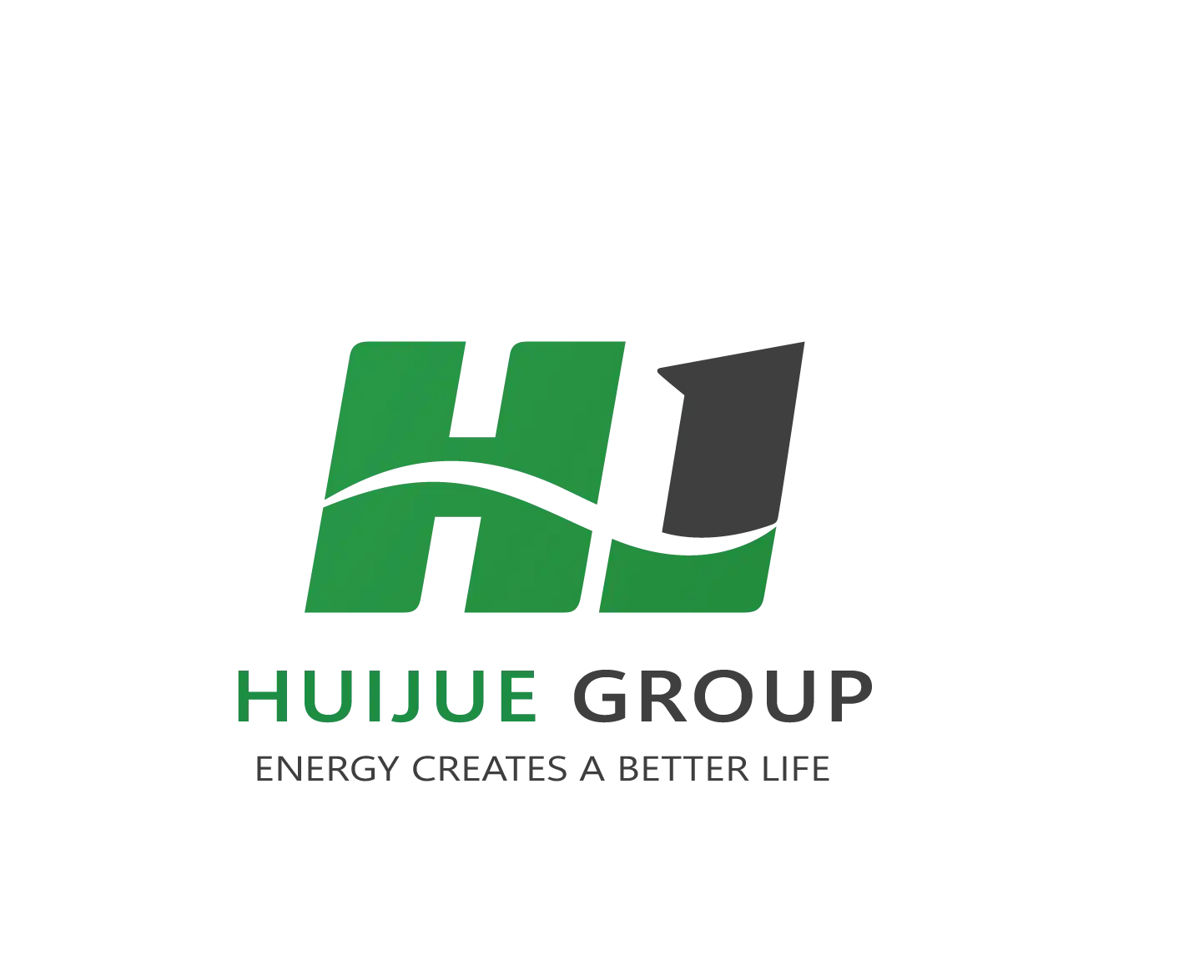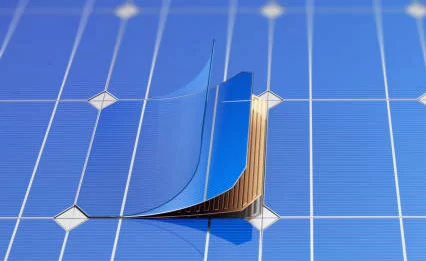The Rise of Flexible Solar Panels: Revolutionizing Renewable Energy
In the quest for sustainable energy solutions, flexible solar panels are emerging as a game changer. These innovative solar technologies are not just a trend; they are transforming the way we harness solar energy. With their unique design and numerous advantages, flexible solar panels are making renewable energy accessible in ways we never thought possible.
What Are Flexible Solar Panels?
Flexible solar panel are lightweight and bendable solar cells that can be attached to various surfaces. Unlike traditional solar panels, which are bulky and rigid, these panels can conform to different shapes, making them ideal for a wide range of applications. They are typically made from thin-film solar cell technologies, allowing them to be lightweight and portable while still being efficient.
Advantages of Flexible Solar Panel
- Lightweight and Portable
One of the standout features of flexible solar panel is their lightweight nature. This portability makes them easy to transport and install, making them perfect for outdoor activities like camping or boating. Whether you need power on a remote hiking trail or while sailing on a yacht, flexible solar panels can provide an efficient energy solution.
- Versatile Applications
Flexible solar panel can be used in various settings. They can be mounted on curved surfaces like RVs and boats, or integrated into building materials for solar rooftops. Their adaptability opens up endless possibilities for energy generation in places where traditional solar panels would be impractical.
- Easy Installation
The installation process for flexible solar panel is often simpler than that of conventional panels. Many flexible panels come with adhesive backing, allowing them to be stuck directly onto surfaces without the need for heavy frames or mounting systems. This ease of installation not only saves time but also reduces labor costs.
- Aesthetic Appeal
With their sleek design, flexible solar panel can be more visually appealing than traditional solar panels. This is especially important for residential installations, where homeowners want to maintain the aesthetic of their properties. Flexible solar panel can blend seamlessly into rooftops or other surfaces without compromising the overall look.
- Increased Efficiency in Low Light
Flexible solar panel can perform well even in low-light conditions. This is a significant advantage for areas that experience frequent cloudy weather or where sunlight is limited. Their ability to capture light in various conditions means they can generate energy even when traditional panels might struggle.
How Flexible Solar Panels Work
Flexible solar panel function similarly to traditional solar panels. They convert sunlight into electricity using photovoltaic cells. However, the technology behind them often utilizes materials like cadmium telluride or organic photovoltaics, which allow for their flexible design. When sunlight hits these cells, electrons are knocked loose, creating an electric current that can be harnessed for power.
The Future of Flexible Solar Panels
The future of flexible solar panel looks promising. As technology continues to advance, we can expect improvements in efficiency, durability, and cost-effectiveness. Researchers are exploring new materials and designs that could further enhance the performance of flexible solar panel, making them even more competitive with traditional options.
- Integration with Smart Technologies
The rise of smart home technology could pave the way for more integrated energy solutions. Flexible solar panel can be designed to work seamlessly with smart grids, allowing homeowners to manage their energy consumption more efficiently. This integration can help optimize energy use and reduce reliance on non-renewable sources.
- Eco-Friendly Manufacturing
As the demand for renewable energy grows, manufacturers are also focusing on making the production of flexible solar panel more sustainable. Innovations in eco-friendly materials and processes can minimize the environmental impact of manufacturing, making these technologies not just effective but also responsible.
Real-Life Applications of Flexible Solar Panel
Flexible solar panels are already being utilized in various innovative ways. Here are a few examples:
- Solar-Powered Backpacks
Imagine a backpack that can charge your devices while you hike. Some brands are incorporating flexible solar panel into their designs, allowing adventurers to stay powered up on the go.
- Portable Solar Chargers
For those who love to travel, portable solar chargers equipped with flexible solar panel offer a reliable power source. They are lightweight, easy to carry, and can charge phones, tablets, and other devices anywhere the sun shines.
- Solar Roofs on RVs
Many RV owners are turning to flexible solar panel to power their adventures. These panels can be easily installed on the roof of an RV, providing a reliable energy source for lights, appliances, and more.
Conclusion
The rise of flexible solar panel marks a significant step forward in renewable energy technology. Their versatility, ease of use, and aesthetic appeal make them a practical choice for a variety of applications. As advancements continue, we can expect flexible solar panel to play an even larger role in our transition to sustainable energy solutions. Whether you’re an outdoor enthusiast, a homeowner looking for eco-friendly options, or simply someone interested in renewable energy, flexible solar panel offer a glimpse into the future of power generation. Embrace this innovative technology and be part of the clean energy revolution!

